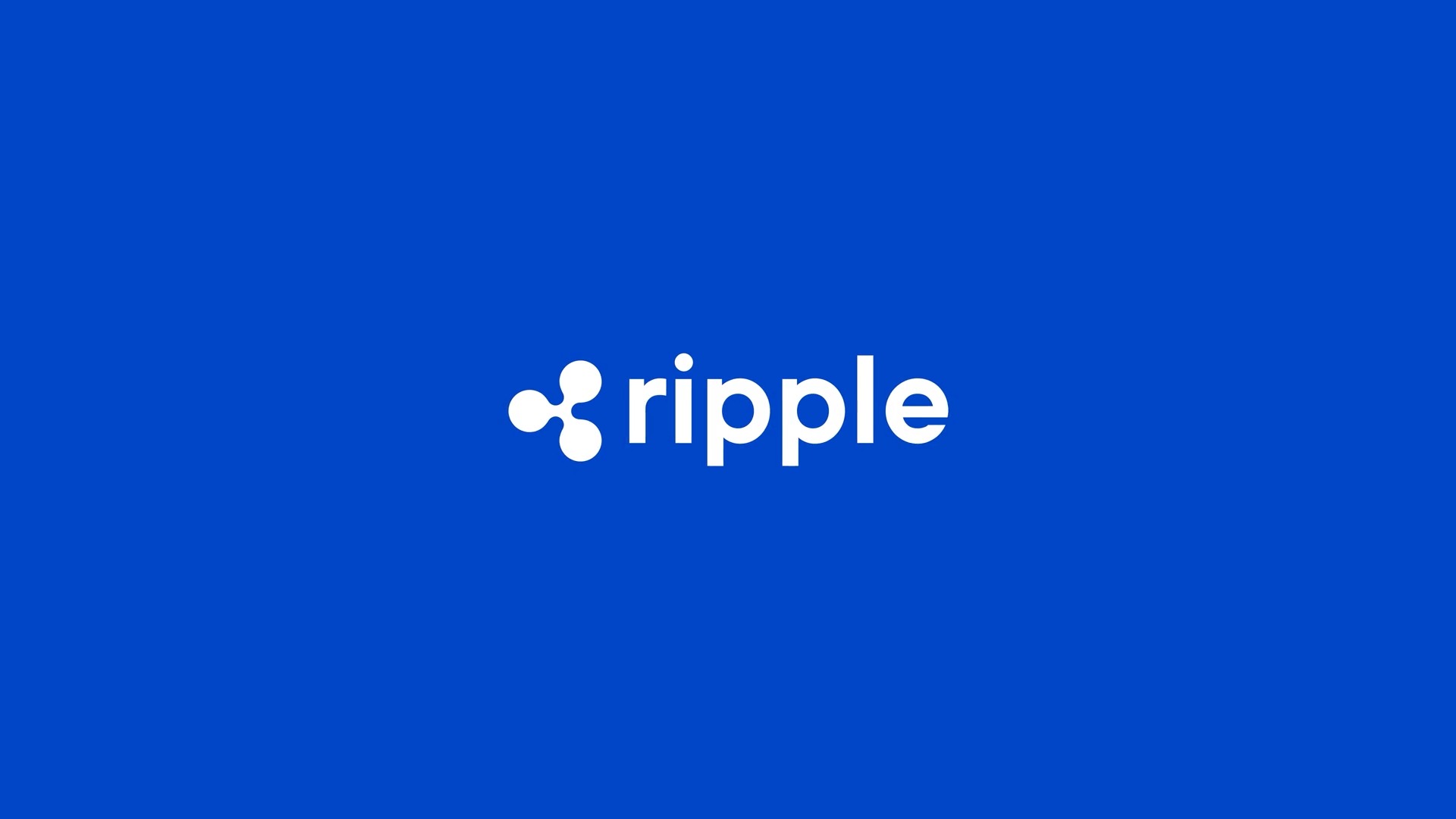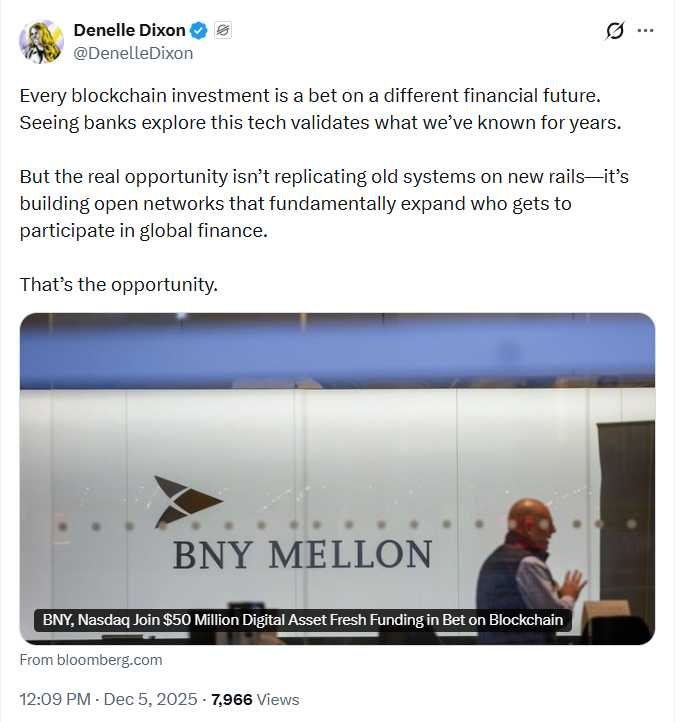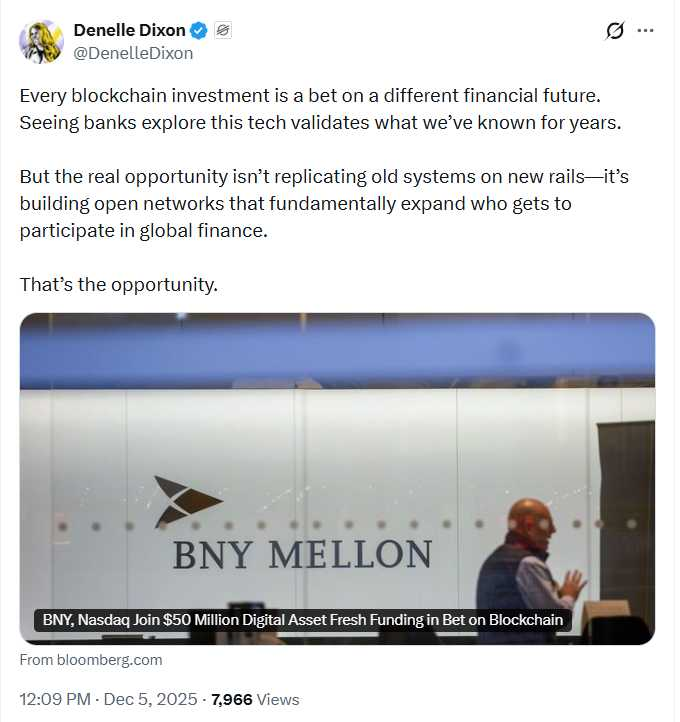Key Takeaways:
- A new HBO documentary promises to reveal the identity of Bitcoin creator Satoshi Nakamoto.
- Bettors on Polymarket favor the American computer scientist Nick Szabo.
- Other contenders include Len Sassaman, David Kleiman, Hal Finney, Adam Back, and even Elon Musk.
A new HBO documentary promises to reveal Satoshi Nakamoto’s real identity, potentially ending a 15-year search for the enigmatic Bitcoin creator. The documentary will air on Tuesday, Oct. 8, at 9 p.m. EST.
Titled “Money Electric: The Bitcoin Mystery,” the documentary by American filmmaker and director Cullen Hoback claims that its “findings will shock the world, even the U.S. elections.”
https://youtu.be/iSF0KGsFuI8?si=hy7Nl68KbSIA6nG_
Hoback is looking to repeat the investigative masterstroke he achieved with a previous HBO miniseries about the authors of the QAnon conspiracy theory. While QAnon was centered on then-U.S. President Donald Trump, the stakes might be even higher with the Satoshi Nakamoto film.
Regarding Satoshi’s identity, Hoback has promised nothing less than a positive identification. He tweeted that his latest documentary would “land on a specific name” but did not say who.
Punters on the crypto betting site Polymarket initially believed that Len Sassaman would be named the Bitcoin inventor. However, after the HBO documentary producer claimed he confronted the person he believes is Satoshi Nakamoto, Sassaman’s chances dropped.
Another contract, “Will Satoshi Nakamoto’s real identity be proven in 2024?” doubles down on the narrative of a disinvested founder. Over 90% of bookmakers bet Satoshi’s identity will not be proven at all this year.
Satoshi Nakamoto: A High-Stakes Unmasking
The identity of Satoshi Nakomoto has been the subject of much speculation since Bitcoin became a thing in 2009. While there have been several attempts to unmask the anonymous Bitcoin founder, his identity remains a mystery.
Whether he intended it or not, Satoshi exposed Bitcoin to his anonymity when he ghosted his followers in 2011. At the time, Nakamoto stopped posting on BTCTalk, once a hub for crypto discussions.
For some, only Satoshi can pronounce himself by moving funds from one of his known wallets. Others insist Satoshi must remain in the shadows for the good of Bitcoin. For example, if the founder moves funds from his wallet, which is estimated to hold over $68 billion worth of BTC, he could trigger a panic sell-off that may spell the end for Bitcoin.
Will Satoshi Nakamoto evade yet another claim to blow his cover? Will he come out and pull the kill switch on his own creation? Which cypherpunk is favored to be the big reveal? We look at six people who could be Satoshi (in no particular order).
Len Sassaman
Until Oct. 7, Sassaman was the leading candidate to make the reveal. An ominous parallel has been drawn between Satoshi’s last communication announcing his retirement from Bitcoin and Sassaman’s death shortly after.
In 2011, the Bitcoin founder quit posting on BTCTalk. Sassaman had been battling depression for several years and took his own life the same year, at least two years after the inception of Bitcoin.
He was a noted cryptographer who wrote academic papers championing the cypherpunk values of privacy and decentralization, key foundational principles for Bitcoin. Sassaman earned his developer cred with privacy remailer tech Lyncon Gate and potential solutions to the Byzantine Fault.
The cypherpunk movement began in the late 1980s with the creation of an electronic mailing list aimed at achieving privacy and security through cryptography.
However, Sassaman’s widow and collaborator, Meredith Patterson, remains unconvinced. “To the best of my knowledge, Len is not Nakamoto,” she tweeted in response to an article in 2021.
Nick Szabo
Nick Szabo is perhaps more qualified than any other candidate on this list to have built Bitcoin. The 60-year-old computer scientist’s “Bit Gold,” a decentralized digital currency system, is the closest forerunner to Bitcoin. Some researchers also claim that his writing style resembles Satoshi’s.
In 2008, Szabo wrote in his blog that he was planning to create a live version of Bit Gold. A few months later, on Jan. 3, 2009, the first Bitcoin block was mined, marking the launch of the cryptocurrency. This coincidence, together with phrases such as “unforgeable costliness” and greetings to Hal Finney, puts Szabo very close to Bitcoin’s creation.
Szabo, also a legal scholar and cryptographer, has routinely denied being Satoshi. In 2014, he poured cold water on one such claim, writing: “I’m afraid you got it wrong doxing me as Satoshi, but I’m used to it.”
Hal Finney
Hal Finney was the first person to respond to Satoshi’s mailing list post announcing Bitcoin sometime in 2008. The programmer, who died in 2014 from a dangerous form of sclerosis called ALS, also received the first Bitcoin transaction from Satoshi, making his candidacy interesting.
Finney contributed to projects related to cryptography long before Bitcoin came onto the scene and shared Satoshi’s long-term vision for Bitcoin as a tool for individual freedom. Writing analysis experts claim that Nakamoto’s and Finney’s writing styles bear the closest resemblance.
Craig Wright
Craig Wright wanted it all, declaring himself to be Satoshi Nakamoto. He also put on the Bitcoin founder’s introverted airs. “I will come on camera once and I will never be on camera again, on any TV station or any media. Ever,” he said on the BBC in 2015.
In fact, he spent the next few years in front of cameras and suing people who denied his claims to be Satoshi.
Wright’s academic records suggest that he had struggled in the first year and was cautioned about losing his sponsorship. Given the exacting standards Bitcoiners expect of their luminaries, this has not been to his advantage.
However, Wright’s failure to deliver on his proofs had a bigger role in busting his bubble than any forensic titbits. In May 2016, Wright promised to send Satoshi’s coins to the founder’s collaborator Gavin Andresen and a BBC reporter.
However, he cited a security flaw that he feared would expose his account to bad actors. Andresen acknowledged the problem and assured Wright it had been fixed. The claimant appeared unconvinced and walked out, leaving his case in doubt.
Dorian Prentice Satoshi Nakamoto
Another person who has been considered is Dorian Prentice Satoshi Nakamoto, a Japanese-American who shares the same name as Bitcoin’s creator. The 65-year-old caught the attention of a Newsweek reporter in 2014. The reporter had found a curious coincidence between Dorian’s famous name and nerdy preoccupations.
Dorian was then a programmer and semi-retired engineer who collected model trains part-time. He entertained the journalist’s queries and supposedly initially led her on.
“I am no longer involved in that, and I cannot discuss it,” was how Nakamoto whet the reporter’s curiosity. “It’s been turned over to other people. They are in charge of it now.”
The language appeared to mimic Satoshi’s farewell message of 2011, which the journalist thought of as a tacit invitation to dig more. Unfortunately, the Newsweek piece became a cautionary tale of reckless journalism.
The reporter arrived at Dorian’s humble California residence uninvited and had to be dismissed by police. Before the Newsweek piece, Dorian had taken up precarious jobs as a “laborer, poll taker, and substitute teacher.”
“I discontinued my internet service in 2013 due to severe financial distress,” he said. “My prospects for gainful employment have been harmed because of Newsweek’s article.”
Adam Back
Adam Back is a British cryptographer and cypherpunk. The Blockstream CEO is well-known for creating Hashcash, a proof-of-work system used to combat spam emails — a concept used in Bitcoin’s mining system.
While Back has not claimed to be Satoshi directly, some people think that his pioneering work in cryptography makes him a strong candidate. His insights into blockchain technology continue to shape discussions within the crypto community.


























